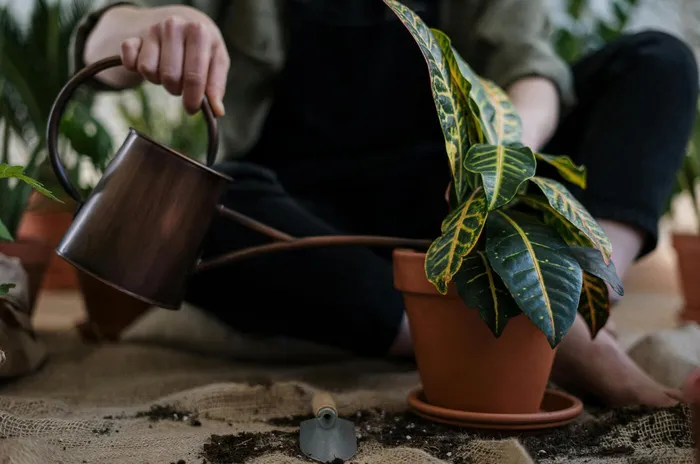Rooted in wellness: how nature nurtures your mind this Self-Care Awareness Month

The sound of flowing water or waves can create a calming effect similar to meditation.
Image: Pexels/Catalin Moraru
September is Self-Care Awareness Month, a reminder to prioritise personal health and mental well-being.
Spending time in nature is a simple yet powerful way to support your mental health.
Research indicates that spending time outdoors can reduce stress, improve one's mood and increase overall life satisfaction.
Nature provides opportunities for quiet reflection, movement and a break from daily routines.
Walking in green spaces has a direct impact on mental health. Studies have shown that even short walks in parks or natural settings can lower stress hormone levels and reduce feelings of anxiety.
The rhythm of walking combined with the sensory experience of seeing trees, hearing birds or feeling a breeze can calm the mind. Regular walks in nature are linked to better emotional regulation and higher levels of positive emotion.

Walking in green spaces has a direct impact on mental health.
Image: Pexels/Michael Obstoj
Gardening is another activity that connects people with nature and supports mental well-being. Planting and caring for flowers, vegetables, or trees can provide a sense of accomplishment and purpose.
Gardening encourages mindfulness as it requires attention to detail and presence in the moment. Many people report that the routine of watering plants or tending soil helps them manage stress and improve focus.
Spending time near water, whether it is a lake, river or the ocean, can have unique benefits for mental health. Research suggests that water environments promote relaxation and lower levels of anxiety.
The sound of flowing water or waves can create a calming effect similar to meditation. People often find that they feel more grounded and present when they spend time near water, which can improve mood and mental clarity.

The sound of flowing water or waves can create a calming effect similar to meditation.
Image: Pexels/Catalin Moraru
Exposure to sunlight is another way nature can benefit mental well-being. Natural light helps regulate sleep patterns and supports the production of vitamin D, which is important for brain function and mood regulation.
Spending time outside during daylight hours, even briefly, can help reduce feelings of fatigue and improve overall energy levels.
Nature also encourages physical activity, which is closely tied to mental health. Activities such as hiking, cycling or swimming provide exercise that can reduce stress, improve cognitive function and boost mood.
Physical activity increases the release of endorphins, which are chemicals in the brain that act as natural mood lifters. Combining movement with natural surroundings amplifies the mental health benefits.
Mindfulness in nature is another way to enhance mental well-being. Practices such as observing wildlife, focusing on the sounds around you or taking note of changing seasons help bring attention to the present moment.
Mindfulness reduces rumination, or repeated negative thoughts and increases mental clarity. Spending even a few minutes practicing mindfulness in nature can support emotional balance and relaxation.

Gardening encourages mindfulness as it requires attention to detail and presence in the moment. cottonbro studio
Image: Pexels/Cottonbro Studio
Social interaction in natural settings can further improve mental health.
Activities like group walks, community gardening or outdoor sports provide opportunities to connect with others while enjoying nature. Social support is a key factor in maintaining mental well-being, and combining it with outdoor experiences can further enhance its effects.
Sharing experiences outdoors can increase feelings of belonging and reduce feelings of loneliness.
Bringing elements of nature indoors can also support mental well-being. Houseplants, small indoor gardens or natural light in living spaces can provide similar benefits to outdoor experiences.
Indoor plants have been shown to reduce stress, improve focus and enhance mood. Even small interactions with nature, such as watching birds outside a window or tending to a plant, can create a sense of calm and connection.
Related Topics: